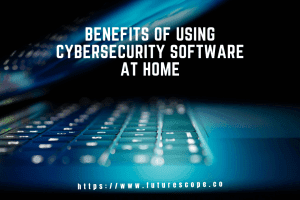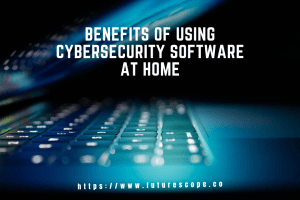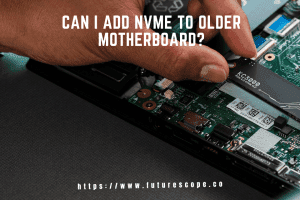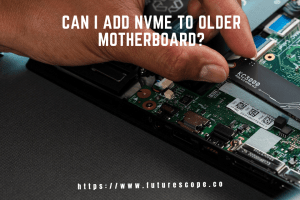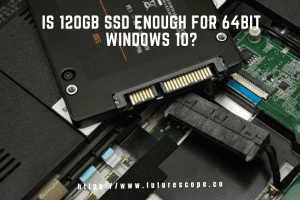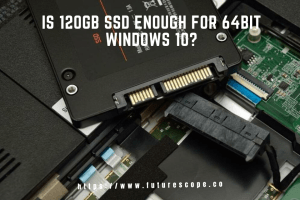What We Have Covered in This Article
Last Updated on December 9, 2022 by Editor Futurescope
When it comes to choosing a hard drive for your desktop or laptop, one of the biggest decisions you have to make is between an HDD (Hard Disk Drive) and SSD (Solid State Drive). Both types offer different speeds and options, so understanding the differences between 10K RPM HDD vs. SSD can help you choose the ideal storage solution for your needs. An HDD offers high capacity storage at lower cost than an SSD but typically has slower read/write speed; whereas an SSD offers faster performance but usually costs more per gigabyte of data stored.
For those seeking maximum performance at reasonable prices, 10K RPM HDDs are great options as they provide both good capacity and fast read/write speeds compared to standard 7200RPM drives. However, when compared with modern solid state drives, 10K RPM HDDs cannot match their blistering speeds resulting in a noticeable decrease in overall system performance. In this blog post we’ll look at how these two types compare when it comes to speed and discuss which is better suited for various tasks such as gaming or general home use.
Are 10,000 RPM Drives Worth It?
When shopping for a computer, you often face the dilemma of choosing between a 10,000 RPM hard disk drive (HDD) and solid state drive (SSD). Both types of drives offer different advantages but which one is faster? The answer lies in how each type works.
An HDD uses spinning platters to read and write data while an SSD uses interconnected flash memory chips. The HDD’s spinning platter makes it slower than an SSD because it has to wait for the platter to spin around before writing or reading data. On the other hand, an SSD can access data much more quickly since its memory chips are all connected directly together without any moving parts involved.
In terms of sheer speed, an SSD is definitely faster than a 10K RPM hard disk drive. An average consumer-grade 10K RPM HDD will have read/write speeds up to about 140MB/s whereas a typical consumer-grade SSD can reach speeds up to 550MB/s or higher. That’s nearly four times as fast!
In addition, because there are no moving parts inside an SSD, they tend to be more reliable and last longer than HDDs with their fragile spinning disks that can easily break if jolted or dropped even slightly. It’s also important to note that price may play into your decision when deciding between these two storage devices.
15,000 RPM HDD Vs SSD
When it comes to deciding between a 15,000 rpm hard disk drive (HDD) and a solid state drive (SSD), the choice can be difficult. Each technology has its own advantages and disadvantages that must be weighed before making a decision. In this blog post we will take an in-depth look at each option so you can make an informed decision on which is best for your needs.
The first thing to consider when choosing between HDD and SSD is speed. With traditional HDDs, speeds are limited by their maximum rotational speed of 15,000 RPMs. These drives offer good performance but not as fast as SSDs, which have no physical moving parts and can reach read/write speeds up to 10 times faster than HDDs.
This makes them ideal for applications requiring rapid data transfers or intense gaming experiences where every second counts! Another factor to consider is durability. Traditional HDDs are more prone to failure due to mechanical components such as spinning disks and arms that move back and forth reading data from the platters inside the drive housing.
Is SSD Faster Than 15000 RPM HDD?
If you are in the market for a new computer, you may be wondering an SSD (Solid-State Drive) is faster than 15000 RPM HDD (Hard Disk Drive). The answer to this question is sometimes complex, and depends on what type of tasks you plan to use your computer for. To begin with, let’s compare the two storage mediums.
An HDD consists of several spinning disks called platters that store data using magnetism. Data is accessed by moving a read/write head across the disk’s surface; therefore it takes time for the disk to spin up before data can be accessed. An SSD does not have any physical components and instead stores data electronically on interconnected flash memory chips.
This makes accessing stored information much quicker compared to HDDs since there are no moving parts required to access it. Additionally, because they do not need power to maintain their state when powered down, they consume less energy than HDDs and can boot up more quickly as well since there isn’t a wait period while disks spin up. Now let’s look at speed comparisons between SSDS and 15000 RPM HDDs specifically: SSDs generally offer faster speeds than 15000 RPM HDDs due primarily to their lack of physical components which allow them to access stored information more quickly without waiting for disks or other parts to move into position first.


Which is Fastest SSD Or HDD?
If you are looking for a new fastest storage device, it can be difficult to decide between an SSD or HDD. Both have their pros and cons, but when it comes to speed, which is faster? Simply put, solid-state drives (SSDs) are much faster than hard disk drives (HDDs).
SSDs use integrated circuits as memory to store data and they can read/write data much quicker than traditional HDDs that rely on spinning disks. For example, while a typical HDD might take several seconds to find the requested data from the disk platters, an SSD can access the same information almost instantaneously. This makes SSDs ideal for applications where speed is important such as gaming or video editing.
In addition to being much faster than HDDs in terms of read/write speeds, SSDs also consume less power and generate less heat. This means that devices with an SSD will generally last longer and require less cooling due to lower temperatures generated by the drive itself. When comparing price per gigabyte between these two types of storage devices however; HDDs are typically cheaper than SDD’s so if budget is your primary concern then Hard Drives may be a better option for you.
Fastest HDD RPM
When it comes to hard drive technology, one of the most important specifications is rotational speed. This metric tells you how quickly a hard drive can read and write data to its platters. The faster a hard drive spins, the faster it will be able to access data stored on its platters.
Generally speaking, higher-end drives tend to have higher rotational speeds than lower-end models. The fastest hard drives currently available are 10K RPM (revolutions per minute) SAS drives. These high-performance HDDs offer incredibly fast read/write speeds due to their increased rotational speed compared with traditional 7200 RPM SATA Hard Drives.
This makes them perfect for applications that require extremely fast response times or need quick access to large amounts of data such as databases and video editing systems where every second counts. 10K SAS HDDs also boast better reliability compared with 7200 RPM SATA models thanks in part to their reduced latency as well as improved shock absorption from the increased rotation rate which helps protect your valuable data from accidental damage or system crashes caused by physical trauma like drops or bumps during shipment or transportation . Additionally, these ultrafast HDDs feature much larger storage capacities up to 8TB so you don’t have worry about running out of space anytime soon!
SSD Vs HDD

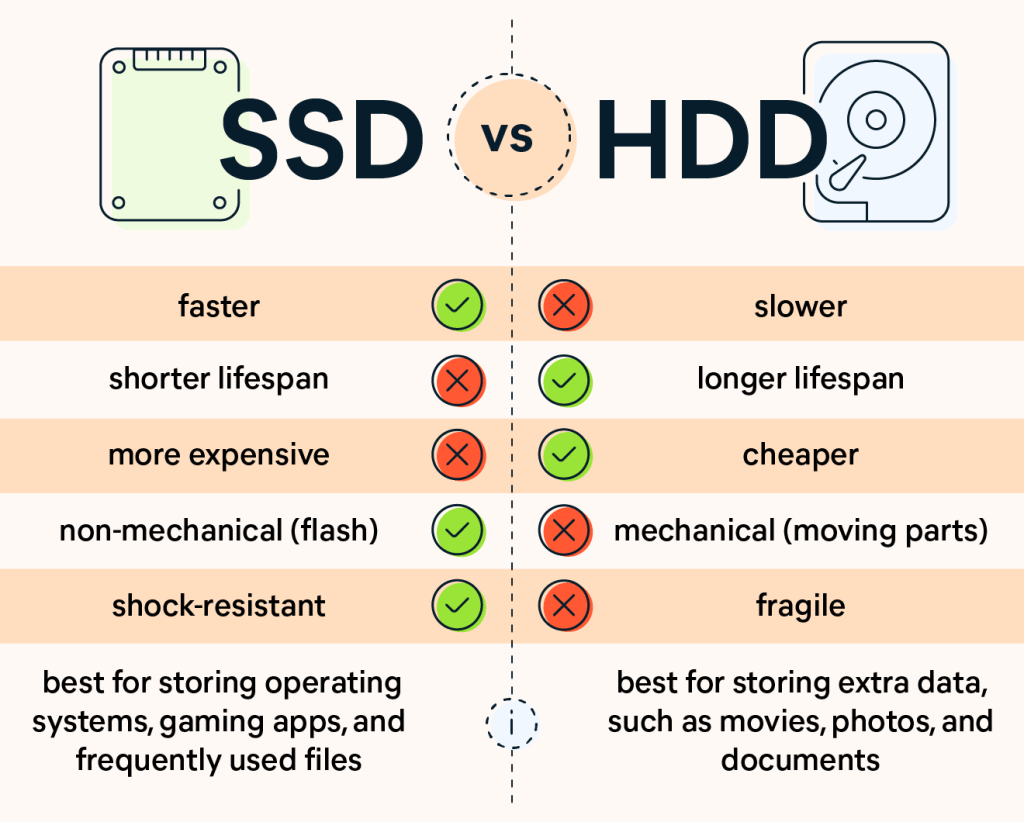
It is a common dilemma for many computer users when it comes to choosing between a Solid State Drive (SSD) and Hard Disk Drive (HDD). Both have their own advantages and disadvantages, so it can be difficult to decide which one is best suited for your needs. A traditional HDD consists of spinning platters with magnetic coating that store data.
HDDs are larger in size, slower than SSDs, but they cost less and offer more storage capacity per dollar spent. On the other hand, an SSD consists of interconnected flash memory chips that retain data even without power supply. An SSD has no moving parts, making them faster than HDDs as well as quieter and more durable since there’s nothing to break or wear out over time.
However, they tend to be more expensive compared to HDDs due to the higher cost of NAND Flash Memory used in manufacturing them. When it comes down to performance, an SSD is much faster than an HDD because it reads information directly from the flash memory instead of having to wait until the disk spins up before accessing stored data like on an HDD. This means that applications launch quicker on an SSD-equipped system compared with one using an HDD drive; however this difference may not be noticeable unless you’re doing intensive tasks such as video editing or playing games which require quick loading times in order for optimal performance.
You can also check out article of Intel: SSD vs. HDD: Which Is Best for You?
Conclusion
If you’re looking for increased performance when it comes to your PC, then you might be wondering whether a 10K RPM HDD or an SSD is faster. The answer is simple: SSDs are much faster than traditional HDDs! SSDs use flash memory rather than spinning disks and are significantly quicker in both read/write speeds as well as access times.
HDDs can still provide good performance, but they’re limited by the physical nature of their inner workings. A 10K RPM HDD may offer improved speed over slower models, but it will still struggle to keep up with the lightning-fast speeds offered by modern solid state drives. Plus, traditional hard drives generate more heat and noise due to their moving parts – something that isn’t an issue with SSDs as they don’t have any moving parts at all.
Overall, if you want fast performance from your PC then investing in an SSD is definitely the way to go – especially if you plan on using intensive applications such as gaming or video editing software which require rapid data transfer rates for smooth operation.




